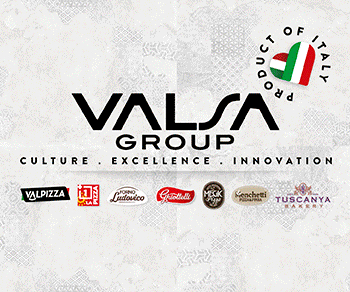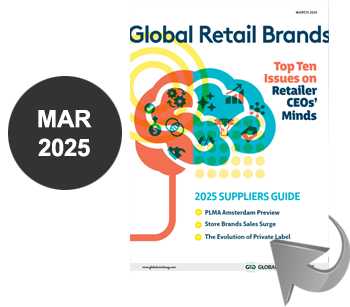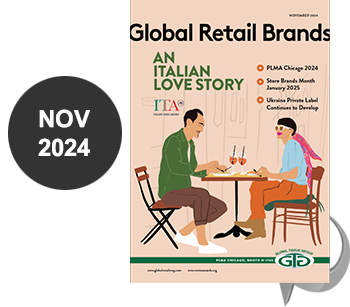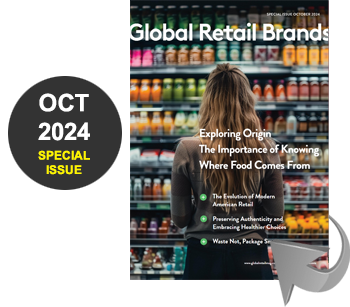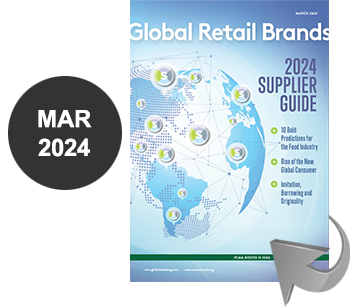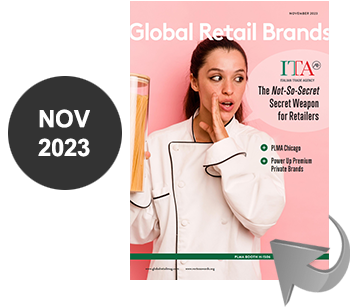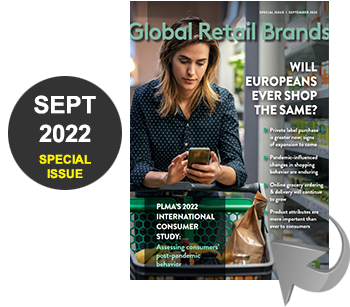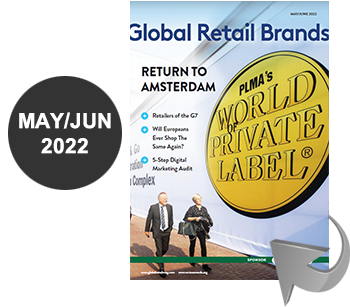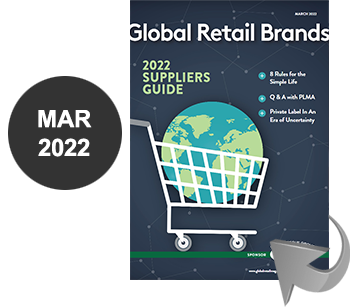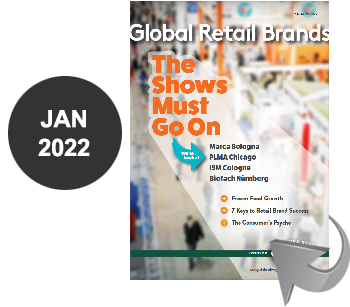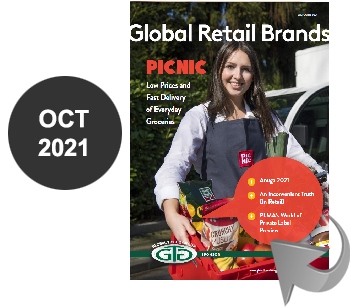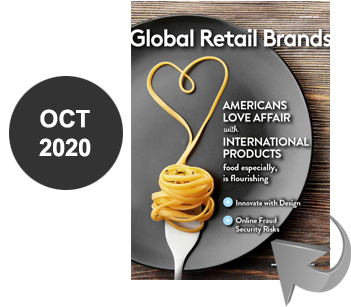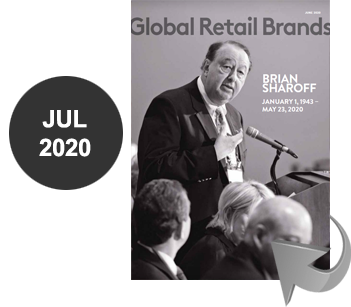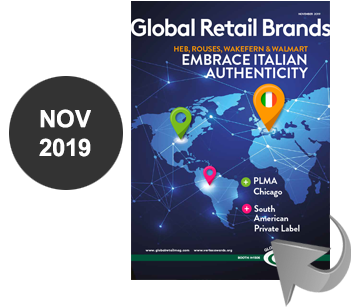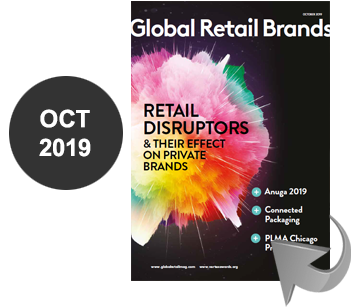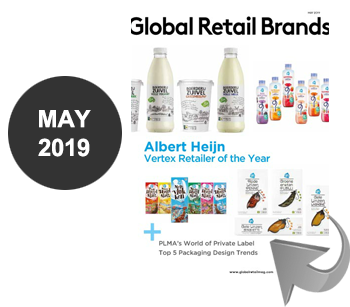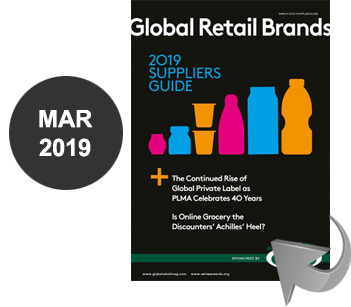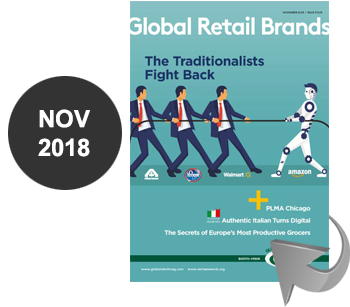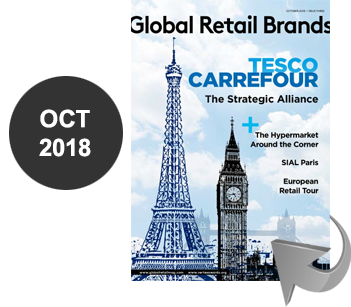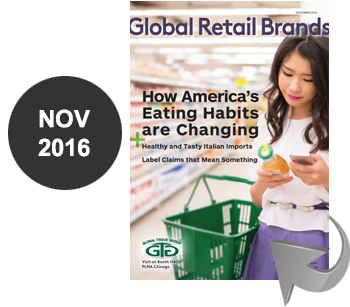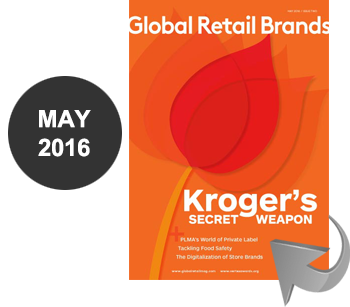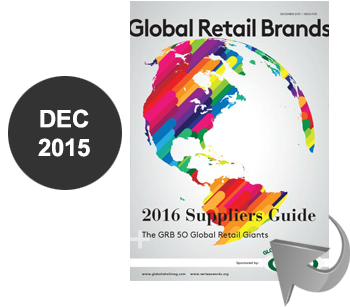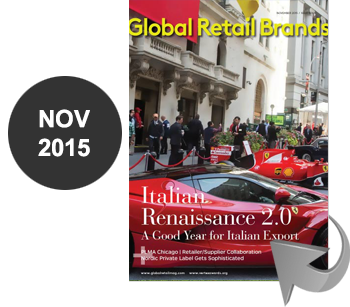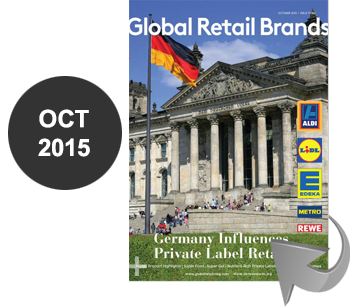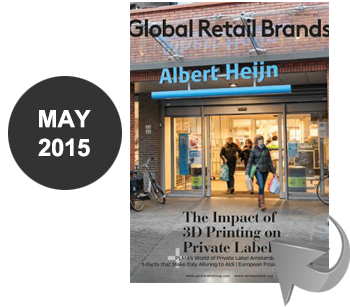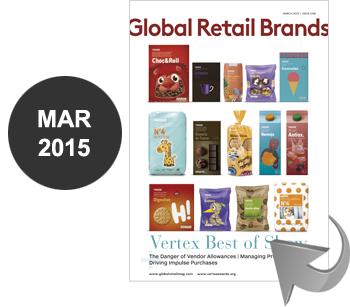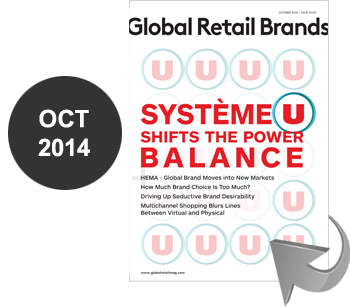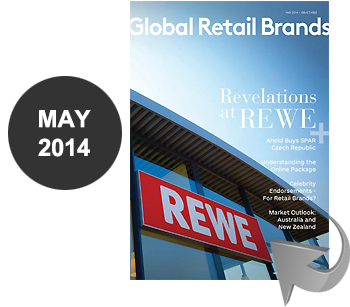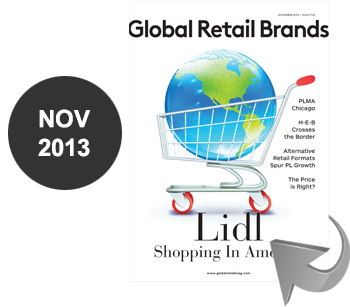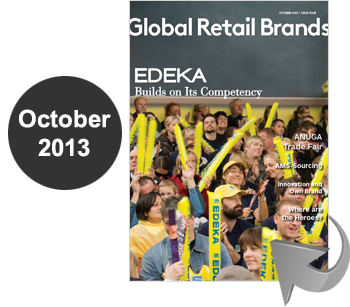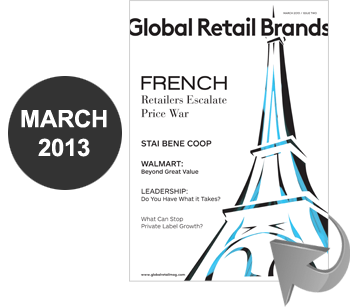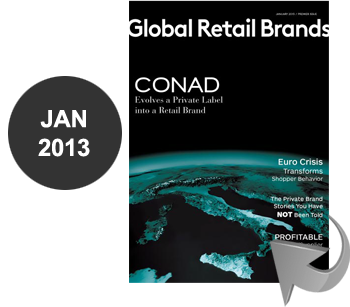
By / Perry Seelert
Questions You Should Answer Before Any Endorsement
Associating your brand and company with a celebrity used to be the domain only of the big FMCG who could afford to do it, but no longer. The biggest brands in the world pursue celebrity endorsement as a key part of their communication strategy. For example, Pepsi, who has the lineage of using celebrities like Michael Jackson, Cindy Crawford, Madonna and Nicki Minaj. Nike also has sports stars/celebrities closely linked to their DNA, people who have truly transcended sport like Michael Jordan, Kobe Bryant and Tiger Woods. Celebrity is deeply rooted in these brands’ strategy, and it has become an integral vehicle for how we perceive Pepsi and Nike as consumers.
But the celebrity attraction has bled heavily into the retail world too, and two retailers who vigorously pursue this strategy are H&M and Target. They are not just using celebrities to create a sense of cultural currency and buzz, they are associating celebrities directly with their own brands. In some cases, these are multi-year relationships, like the Michael Graves-Target bond that touched multiple categories throughout the store, and in other examples, they are in-out seasonal relationships by design.
The strategic question within the world of food-drug-mass is “should you think about celebrity endorsements as part of your retail strategy, and is this something you would want to do with your own brands?” Let’s think of this question through three different lenses.
Is the Celebrity A Fit? >>
There is a certain power in celebrity endorsements, and when it is done right, it can provide your brand with credibility, a cultural currency and cache, and often a bigger consumer platform than you would have otherwise. But more noise is not necessarily the right noise. The first question you should ask yourself is one of “fit” and “relevancy”, and how does this celebrity’s attributes transmit to the values you have already established or are trying to convey in your brand. Todd Oldham, Sonia Kashuk and Michael Graves made sense at Target because of their fashion and style relevancy they were bringing, along with an overall sense of newness. However, can we see the same connection between what Christopher Lowell office furniture brings to Office Depot, or what Tom Douglas, highly regarded Seattle Chef, brought to Amazon’s Pinzon brand? It is easier than ever to get these types of celebrity associations across your retail brands, but do they fit with your brand’s mission?
 A-List or D-List? >>
A-List or D-List? >>
Living in a world where celebrity seems like a common aspiration, it is probably fair to say that there are some that achieve the A-list status and there are some that are D-listers. Anyone who does a Bravo TV reality show (can you say “Housewives”?) is usually a D-Lister or wannabe. And the hierarchy within celebrity chefs is no different, there is strata based upon their popularity and voice. When Sainsbury linked up with Jamie Oliver, especially around its own brands, this was an A-list relationship. Jamie Oliver transmitted a sense of creativity and conscious cooking to the Sainsbury brand. Curtis Stone does a nice job of bringing his effervescence and healthy sensibility to Hy-Vee in the States. Safeway has utilized Tyler Florence with its Open Nature brand, and more recently Maria Valladolid with their Real Taste of Mexico portfolio. These examples all pass the sniff test of relevancy and fit too. If you are bringing a celebrity into the mix and they are more D-List than A-list, think very carefully about how they are really helping you.
Stomaching The Potential >>
There is inherent risk and reward in bringing on any celebrity, and recent histories of Martha Stewart and Paula Deen’s fall from grace show how celebrity brand associations can be a rollercoaster ride. There is no way of pre-assessing a celebrity’s possibility for a downfall, as it can happen in the most unexpected of ways (e.g., Tiger Woods crashing into a telephone pole). However, if you simply don’t have stomach for downside or upside, then just stay away from the celebrity strategy.
One good question to ask beyond your stomach for it is “What are they helping you achieve that you can’t already achieve on your own?” If the answer doesn’t address your brand’s increased credibility or broader consumer platform, then you may not need celebrity endorsement at all. The keys to celebrity, especially as it relates to own brands, are questions of fit, platform (A-List) and stomach, and when done right, like it was with Jamie Oliver and Sainsbury, it can be a beautiful thing.
Perry Seelert is retail branding and marketing expert, with a passion for challenging conventional strategy and truths. He is the Strategic Partner and Co-founder of Emerge, a strategic marketing consultancy dedicated to helping Retailers, Manufacturers and Services grow exponentially and differentiate with purpose. Please contact Perry at [email protected].

